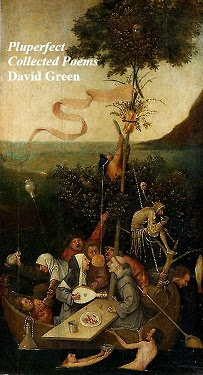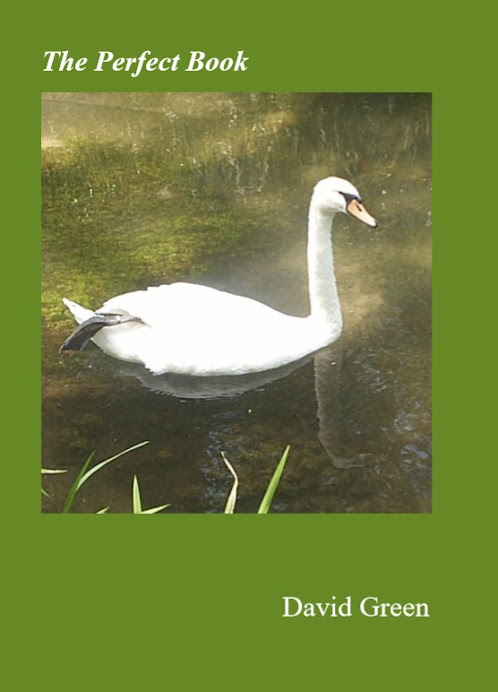I carry home a reasonable number of cans of Becks, still trying to recreate that Amstel moment at the end of the walk at Winchester, through end of July sunlight, some generic Urban r'n'b coming from an upstairs window. One of the first poems I ever had published was called Different Worlds, in Sandwiches magazine circa 1977.
she
is like a july day
shining in november
me
another friday night
wandering through my dreams
we
both live in different worlds
more than a touch apart
Rhyming on the first word of a stanza. I doubt if I've been more avant garde since.
--
A colleague who left our office this week would pass on tips from a contact he had who was part of a syndicate. Over the last year or two I've backed three or four of them to no avail. But on his last day he mentioned Continental Lady in the first at Leicester on Weds evening. Maiden Fillies race first time out, entered in the Lowther Stakes at York. It looked perfectly legitimate but I didn't steam in mindlessly in view of the previous record of these recommendations. However, 7/2 and a 2 length win later, now that's the way to sign off and go to another office well thought of.
--
 Peter O'Sullevan would have been proud of us. His status as the voice of racing has been mentioned in tributes all week but for me there were other things, not least the contrast between his urbane authority and the spiv, Julian Wilson, whose autobiography confirms that his involvement in racing was only an adjunct to a louche lifestyle of society parties, champagne and the Cresta Run.
Peter O'Sullevan would have been proud of us. His status as the voice of racing has been mentioned in tributes all week but for me there were other things, not least the contrast between his urbane authority and the spiv, Julian Wilson, whose autobiography confirms that his involvement in racing was only an adjunct to a louche lifestyle of society parties, champagne and the Cresta Run.O'Sullevan was interested in horse racing and the consummate professional. If there was nothing else worth reading in the Daily Express, and apart from The Gambols there very rarely was, his three tips- usually a nap, another selection and an each way, were the most reliable I ever came across. The nap was the horse that came out furthest ahead in his own private handicap and so would often be a short-priced favourite but that's fine when they win and he did well in the tipsters table.
Most famously, his commentary didn't falter as little Attivo, owned by Peter O'Sullevan, won the Triumph Hurdle but I'm never one for the whitewash obituary that makes out people were faultless. Late in his career as a commentator, mistakes did creep in. Things like, 'Greasepaint leads Hallo Sandy, two lengths back is Corbiere'.
No, Peter, that's Hallo Dandy. But one came to love him the more for these occasional slips of the tongue. (The example isn't a real one. I just made it up. But there were a few somesuch.)
And last year, finding an old newspaper at my parents', I went to look at the racing page. The Dewhurst Stakes, late in the flat season at Newmarket, 1974, won by Grundy but Peter had tipped something else. Oh, he of little faith.
But, really, comparisons with John Motson were a bit underwhelming. How ironic.
--
This week saw one of those stories of genuine outrage, rather than orchestrated publicity, on the shooting of Cecil the Lion in Zimbabwe. Of course, none of us had heard of Cecil before he was shot but he stands for wildlife in general in all the hunting, shooting and fishing debate.
I heard a few spokesmen for Hunting Groups interviewed on the wireless, all of them American as it happened, and all prevaricating on the rights and wrongs of the issue. Oh, well, it might not have been technically illegal.
Never mind that. It's about machismo, isn't it. Just how inadequate does a man need to feel to even think that shooting a lion is going to make him feel better.
--
So, poetry. Where does one go from here, checking the South website to see if I'm in the Autumn issue. I can't quite remember what I sent them but I know the other poem called Never was one of them. Having used that title for a painting and now two poems, it might be about time I thought of another. But it's a long time since I sent poems to any other magazine.
Although there are still plenty of them and they are vastly better produced, of course, than those of the late 70's, there just aren't many one wants to appear in. Nearly every title I contributed to in the 70's, 80's and even 90's has surely folded by now. Maybe not all of them because they were reduced to using my work, the life expectancy of a poetry magazine has never been long. But, in the late 70's many of the titles were edited by enthusiasts who did it for its own sake as well as, I dare say, the vainglorious status of being 'the editor' and it was a time of transition between old hippy values and new punk stylings. Production values mattered less than some sort of attitude.
However, I will excuse you the inevitable diatribe about where it all went wrong due to an amalgam of new orthodoxies, Creative Writing degrees and technology now being readily available so that even the most inane poems can appear in a booklet that looks expensively well-produced.
 I never, in the last two decades or more, thought I'd want to see a return to the Allen Ginsberg generation but, having seen myself hatless reflected in a window yesterday I did wonder whether in later life he might be added to my list of lookalikes- Stanley Kubrick, Salman Rushdie, Mark Everett of eels and whoever else was unlucky enough to be compared. They were all other people's suggestions, not mine.
I never, in the last two decades or more, thought I'd want to see a return to the Allen Ginsberg generation but, having seen myself hatless reflected in a window yesterday I did wonder whether in later life he might be added to my list of lookalikes- Stanley Kubrick, Salman Rushdie, Mark Everett of eels and whoever else was unlucky enough to be compared. They were all other people's suggestions, not mine.















